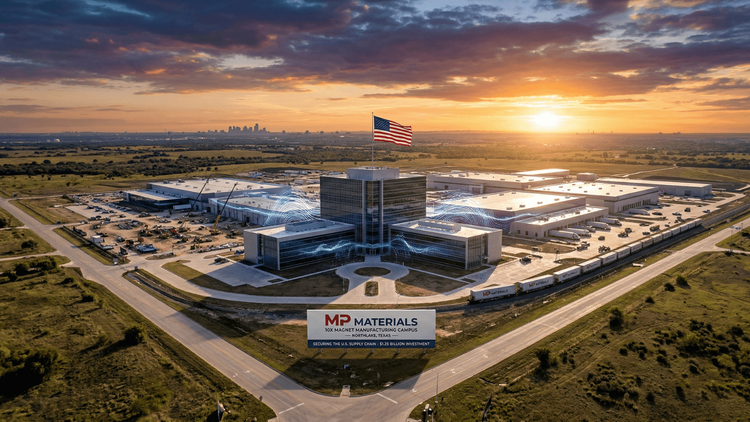Iron Man, But Make It European: Tom Enders on Why AI Warriors Are the Future
Former Airbus CEO Tom Enders calls for urgent European investment in robotic warfare to counter emerging security threats.

Europe is facing an urgent reality check when it comes to military defense. Tom Enders, the former CEO of Airbus, has made a compelling case for shifting the focus away from long-term weapons programs toward immediate technological solutions, particularly robotic drones. His warning is clear: Europe must act now to bolster its defense capabilities before it's too late.
The Window Is Closing
Enders' remarks come at a critical moment in global security discussions. He points to a three-to-five-year window in which Russia might test NATO’s Article 5 by challenging the security of the Baltic states. Given this pressing timeline, Europe cannot afford to rely on traditional defense strategies alone. Massive projects like the Future Combat Air System (FCAS) or next-generation tanks will take decades to develop. In contrast, intelligent robotic systems—especially drones—are already proving their worth on the battlefield in Ukraine.
Drones as a Game-Changer
The war in Ukraine has reshaped military strategy, proving that autonomous systems can level the playing field against numerically superior forces. Kyiv’s extensive use of drones has disrupted Russian operations, giving Ukraine an advantage despite facing a larger military force. Enders argues that Europe must learn from this and prioritize integrating drones, AI-driven systems, and hypersonic technology into its defense planning.
These advancements are not just about responding to immediate threats. They represent the future of warfare, allowing smaller, more agile forces to counteract conventional military dominance. The ability to "leapfrog" outdated defense systems is what Europe needs to maintain its security and deterrence power.
The Atlantic Rift and European Independence
Enders' statements also highlight a growing divide between Europe and the United States. With the U.S. increasingly shifting its attention away from Europe, European leaders can no longer take Washington’s security guarantees for granted. The former Airbus chief warns that treating Donald Trump’s presidency as an anomaly was a mistake. Instead, it is Joe Biden’s tenure that appears to be the exception in what is otherwise a clear shift in U.S. priorities.
With threats mounting from both the East and the West, Europe must take control of its own defense destiny. That means developing homegrown defense technologies and fostering stronger military-industrial cooperation within the continent.
Private Sector Investment in Defense
A significant shift is already underway in how European defense projects are being funded. For years, ethical concerns deterred banks and investment funds from backing military technologies. Now, as security concerns grow, even major financial institutions are willing to invest in defense. Enders points to this influx of private capital as a crucial factor in accelerating Europe’s defense modernization. With sufficient funding, startups and tech innovators can contribute to the rapid development of AI-driven weapons, hypersonic missiles, and advanced battlefield robotics.
Europe’s Path Forward
The message from Enders and other experts is unambiguous: time is running out. Europe must abandon its slow-moving defense strategies in favor of swift, strategic innovation. While flagship programs like FCAS remain important for long-term stability, they cannot address the immediate threats on the horizon.
The future of European defense lies in technology—AI, robotics, and autonomous systems. The battlefield of tomorrow is being shaped today, and those who fail to adapt will be left vulnerable.






